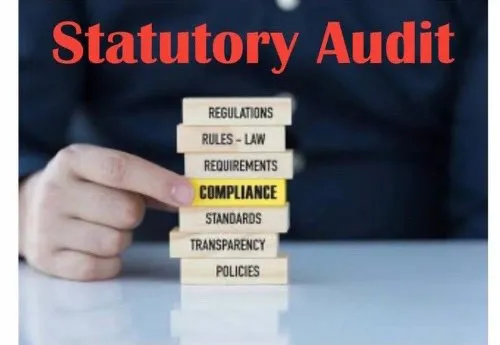 Necessary information to auditors
Necessary information to auditors

1.Understand the Audit Process:
Familiarize yourself with the audit process, including its objectives, scope, and timeline. Understanding what auditors are looking for will help you gather and present relevant information.
2.Maintain Accurate Records:
Maintain organized and accurate records of all relevant financial and operational transactions. This includes invoices, receipts, contracts, agreements, and any other documents that may be requested during the audit.
3.Designate a Point of Contact:
Assign a knowledgeable individual within your organization as the main point of contact for auditors. This person should be well-versed in the company’s operations and financial activities.
4.Communication and Coordination:
Establish clear lines of communication between your organization and the auditing team. Ensure that both parties understand the audit’s objectives, timeline, and any specific requests.
5.Pre-Audit Preparation:
Prior to the audit, conduct an internal review to identify potential areas of concern. Address any discrepancies or issues proactively to avoid delays during the audit.
6.Compile Documentation:
Gather all necessary documents, such as financial statements, bank statements, tax returns, contracts, and relevant correspondence. Ensure these documents are well-organized and easily accessible.
7.Documentation Integrity:
Verify the accuracy and authenticity of the documentation you provide. Inaccurate or falsified records can lead to serious consequences and damage the audit’s credibility.
8.Provide Context:
Accompany the provided documentation with explanations, notes, or memos that provide context for the auditors. This can help them better understand the nature of transactions and decisions.
9.Be Transparent:
During the audit, be open and transparent with the auditors. Answer their questions honestly and provide additional information when requested. Transparency builds trust and can lead to a more efficient audit process.
10.Address Auditor Queries:
Promptly respond to any queries or requests for clarification from the auditors. Timely communication can help resolve potential issues and prevent misunderstandings.
12.Maintain Professionalism:
Maintain a professional and cooperative attitude throughout the audit process. A positive working relationship with auditors can make the process smoother and more productive.
For more information to visit: https://www.mca.gov.in/
13.Continuous Improvement:
After the audit is complete, analyze any recommendations or feedback provided by the auditors. Use this information to improve your internal processes and ensure better audit readiness in the future.
14.Use Technology Wisely:
Consider using audit management software or tools that can help streamline the preparation and communication process. These tools can enhance document management, task assignment, and tracking of audit-related activities.
15.Stay Updated on Regulations:
Keep up to date with relevant industry regulations and standards that impact your business. Adhering to these regulations will reflect positively during the audit.
By following these steps, a contractual service provider can effectively prepare and provide the necessary information to auditors, ensuring a successful audit process and fostering a strong professional relationship with the auditing team.
FAQs:
For further details access our website: https://vibrantfinserv.com
